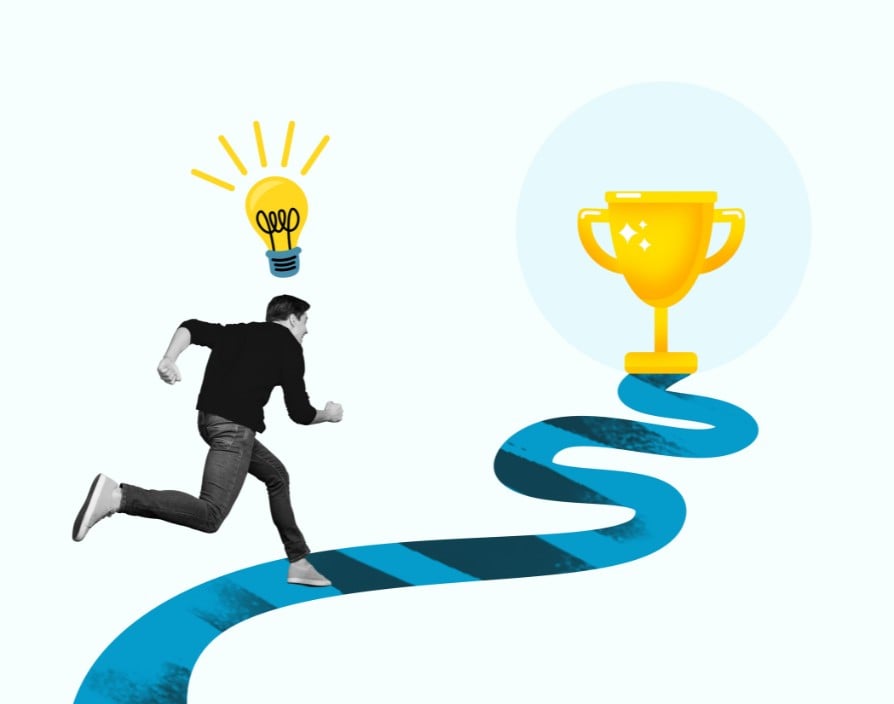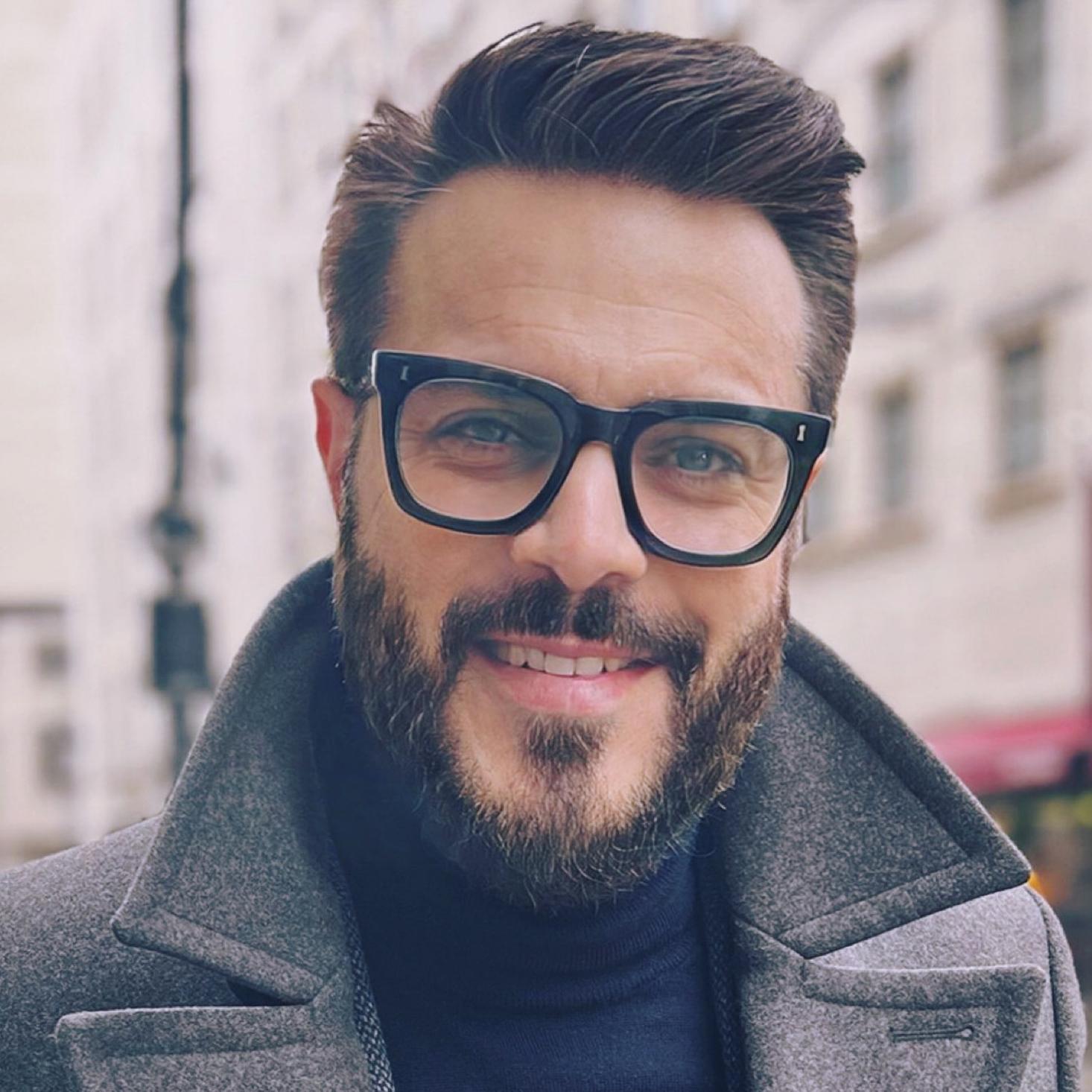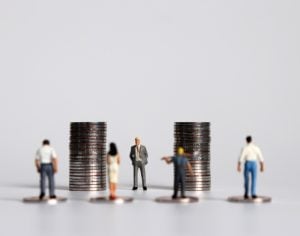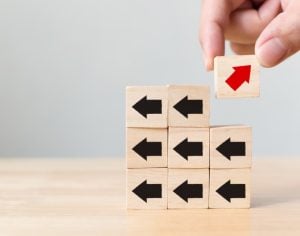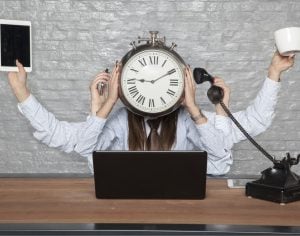With the world swept up in Olympic fever and athletes pushing the limits of human potential in nail-biting moments of glory, elite athletes and entrepreneurs have a lot in common – both demand fierce dedication, sharp skills, and solid support. But there’s a key difference. While Olympians face all-or-nothing pressure for one big moment, founders and CEOs get the luxury of time. Here’s why you should be glad you’re not competing in the start-up Olympics.
The 10-second showdown
Imagine dedicating 15 years of your life to preparing for just 10 seconds or three minutes of competition. That is the harsh reality for Olympic athletes like Noah Lyles, who won the men’s 100m final by just five thousandths of a second. Every four years, they get this brief shot to show what they can do on the world stage. The pressure is colossal – every move is watched closely, and even a tiny mistake, like Lyles’ slow start, could wipe out years of hard work in an instant.
Founders, on the other hand, don’t have to deal with such tight time limits. There’s no single day where everything hinges on a brief moment of glory. Instead, the pressure is distributed over months, years, and countless changes. If a product launch falters or a strategy doesn’t pan out, there’s always room to pivot, refine, and retry. This ongoing timeline allows for adjustments and recovery, reducing the risk of a single failure derailing the entire journey.
Building your dream team
Olympic athletes need a whole squad of coaches, managers, and specialists to get them ready for their big moment. This support is essential to ensure they’re in top shape when it matters most. For Adam Peaty, who missed out on Gold by just 0.02 seconds, having a strong team and a mentor like Gordon Ramsay has been a game changer. Even with the close call, Peaty’s support network, including Ramsay, helped him stay on track and keep pushing through the tough times. Founders also have their own support squads – mentors, advisors, and teams – who play a key role in helping them succeed.
Here’s the big difference – athletes get to choose their support crew from a group of experts who specialise in what they need. Founders, though, have to build their teams from scratch, making smart hires and developing relationships along the way. This ongoing team-building is a big plus for founders, unlike the more set-and-forget approach in sports.
Mental toughness
Elite athletes work on their mental game just as much as their physical one. The mental pressure they face can be as tough as the physical strain, and a slip in focus can be disastrous. Every move counts. Founders also need mental toughness, but their challenges are spread out over a longer period.
For athletes, each competition is a high-stakes moment. Founders, while still under pressure, have the advantage of time. They can tackle problems, tweak their strategies, and keep improving. Instead of dealing with the weight of one critical moment, entrepreneurs face a series of challenges that allow them to adapt and grow.
Opportunities on repeat
Olympic athletes only get a few chances every few years to showcase their skills at their peak. For Olympic sailors John Gimson and Anna Burnet, a single mistake – being over the line at the start – meant their hopes of a medal were dashed before the race had even begun. Now, they face the tough reality of waiting another four years for another shot at the podium.
Founders, on the other hand, work in a constantly changing world with more frequent chances. If a partnership falls through or a funding round doesn’t go as planned, there are always new opportunities around the corner.
For entrepreneurs, success is about making steady progress rather than hitting a single perfect moment. Founders can tweak their strategies, learn from mistakes, and keep pushing forward. Unlike the Olympics, there’s no ‘last chance’ in entrepreneurship. This constant stream of opportunities means founders can keep developing and adapting, making their journey more of a marathon than a sprint.
Why founders have the edge
Olympic athletes deal with massive pressure for just one big moment, but founders and CEOs get the luxury of time. You can adjust, refine, and build a solid support network at your own pace. Unlike athletes who have to nail it in a single shot, founders are in it for the long run, with a journey full of growth and learning. So, remember, life – and business – is a marathon, not a sprint.
Share via:
